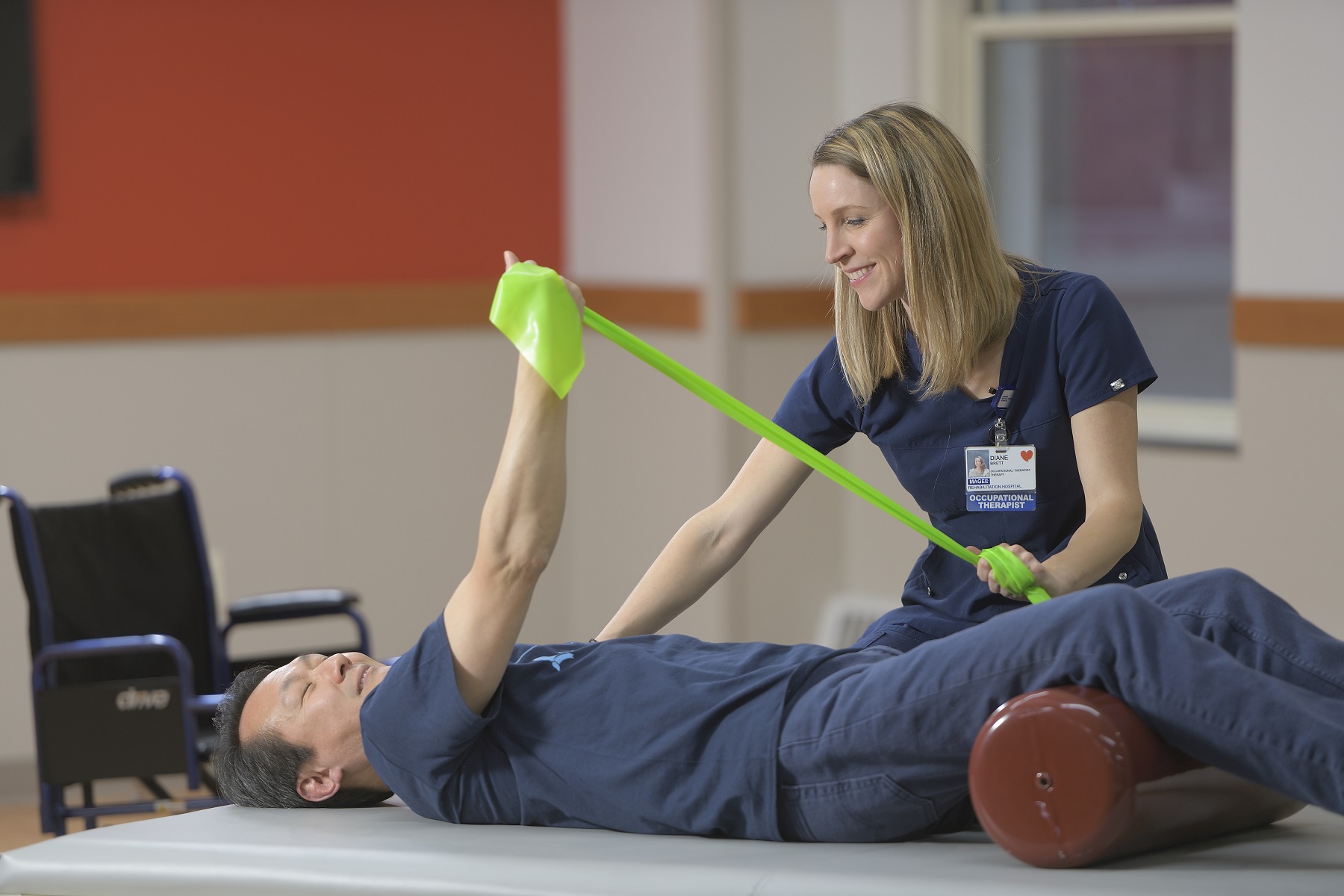
One of the primary advantages of strength conditioning in rehabilitation is its capability to enhance muscular power and endurance. When muscles are more powerful, they can better stabilize joints and minimize the risk of recurrence of injury. For example, an athlete recovering from a knee trauma can benefit from workouts that strengthen the thigh muscles and back thigh muscles. These muscles play a crucial part in stabilizing the knee articulation. By incorporating resistance conditioning into their rehabilitation program, athletes can recover their strength more effectively and securely.
In addition to building power, strength conditioning also improves flexibility and range of movement. Many injuries can result to rigidity in the injured area, causing it challenging for individuals to move freely. Strength conditioning exercises often include stretching and lengthening the muscular tissues, which can assist restore flexibility. For instance, adding weight bands or dumbbells into stretching programs can enhance the efficacy of these workouts. As mobility enhances, athletes can execute movements more efficiently, which is crucial for optimal capabilities in their activity.
Another crucial aspect of resistance conditioning in sports rehabilitation is its positive impact on mental health. Healing from an trauma can be a difficult and exasperating process important link for individuals. Engaging in strength conditioning can offer a feeling of accomplishment and boost self-esteem. As athletes see improvements in their power and abilities, they may feel more motivated to persist their recovery process. This mental boost can be just as important as the bodily advantages, as a positive mindset can result to better results in rehabilitation.
Finally, strength training can assist individuals move back to their sport more smoothly. Once they have regained their strength and mobility, individuals need to rehearse sport-specific movements to ensure they are ready for competition. Resistance conditioning can be integrated with sport-specific exercises to create a holistic rehabilitation program. This blend allows athletes to not only recover but also enhance their performance. By concentrating on both rehabilitation and performance, strength conditioning becomes an crucial tool in the rehabilitation journey, assisting individuals come back to their activity more robust and more resilient.